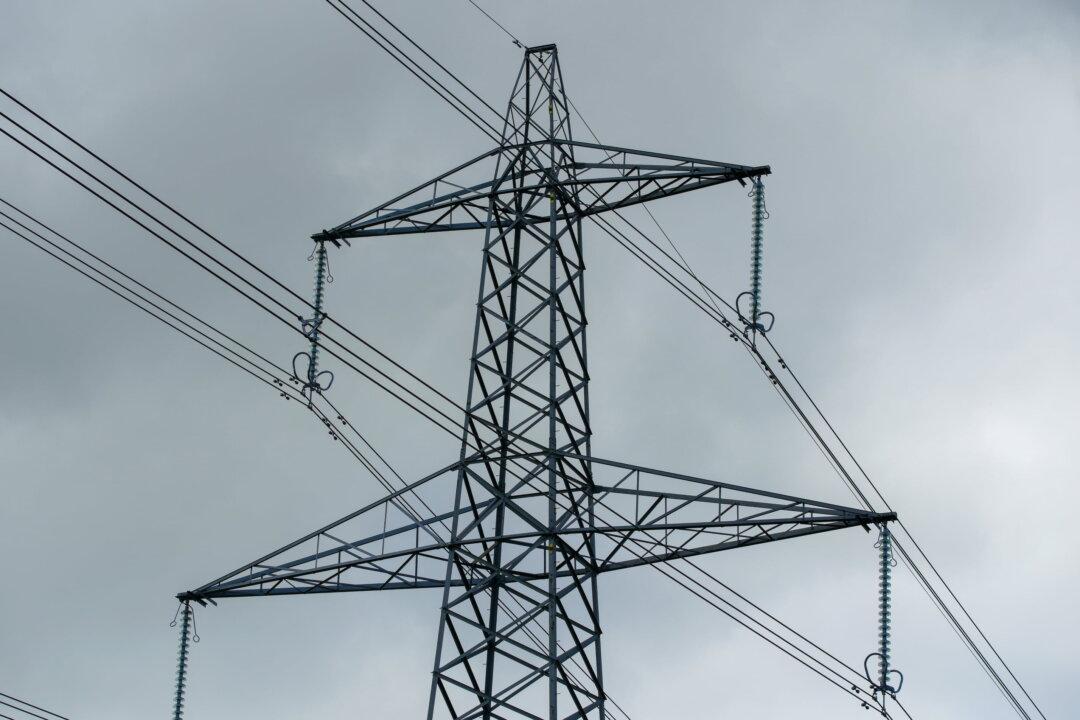A record number of people stole electricity in England and Wales last year, according to new figures released by the Home Office.
Police forces received 3,600 reports of “dishonest use of electricity” in the 12 months to March 2022, an increase of 13 percent on the previous year and the highest level since records began in 2013.





